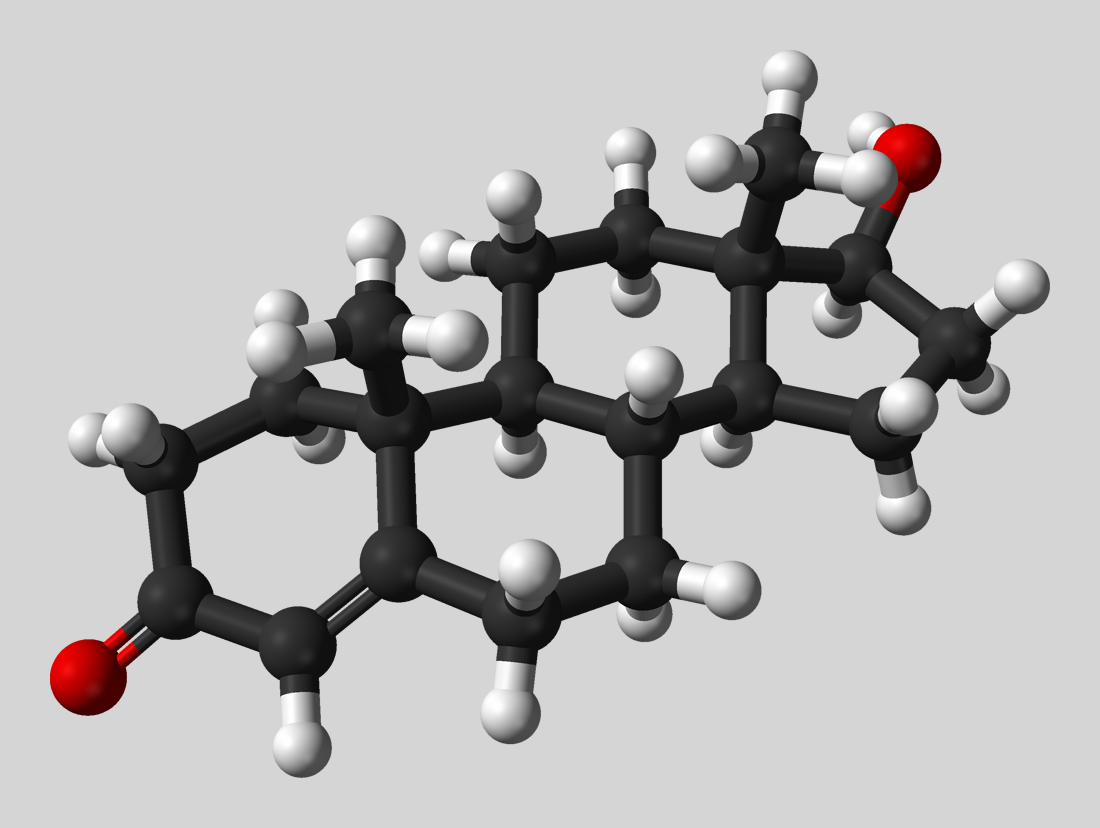We've all experienced that mid-afternoon slump, where our energy levels dip and our focus wavers. Instead of reaching for another cup of coffee or pushing through the fatigue, why not consider taking a power nap? Napping has been proven to have numerous benefits, not only for our physical well-being but also for our cognitive function and overall productivity.
First and foremost, napping can improve our alertness and performance. Studies have shown that a short nap of around 20-30 minutes can combat drowsiness and restore our concentration levels. It acts as a reset button for our brain, allowing us to tackle tasks with renewed vigour and clarity. Napping has been linked to enhanced memory and learning. During sleep, our brain consolidates information, making it easier for us to retain and recall what we have learned. By taking a nap, we give our brain the opportunity to process and store information, leading to improved cognitive function and better memory retention.
Not sure how to nap? Here are some tips to ensure a well-rested and rejuvenating experience:
- Find a quiet and comfortable environment: choose a place where you can relax and unwind without distractions. Dim the lights and create a peaceful atmosphere.
- Set a timer: napping for too long can leave you feeling groggy and disrupt your nightly sleep schedule. Start with a short nap duration of 20-30 minutes to reap the benefits without entering deep sleep.
- Time it right: aim to nap in the early afternoon, around 1-3 pm, when your body naturally experiences a drop in alertness – listen to your body to help identify your optimum time. Avoid napping too close to bedtime to prevent insomnia.
- Create a nap routine: establishing a consistent nap routine can help signal your body that it’s time to rest. Develop a relaxing pre-nap ritual, such as deep breathing exercises or “yoga breathing” or listening to calming music. Avoid viewing screens.
- Experiment with nap lengths: everyone’s sleep needs vary, so try different nap durations to find what works best for you. Some people may benefit from a quick power nap (20-30 minutes), while others may find longer naps (30-90 minutes) more restorative. Avoid napping over 90 minutes as it may lead to poor quality nightly sleep.






